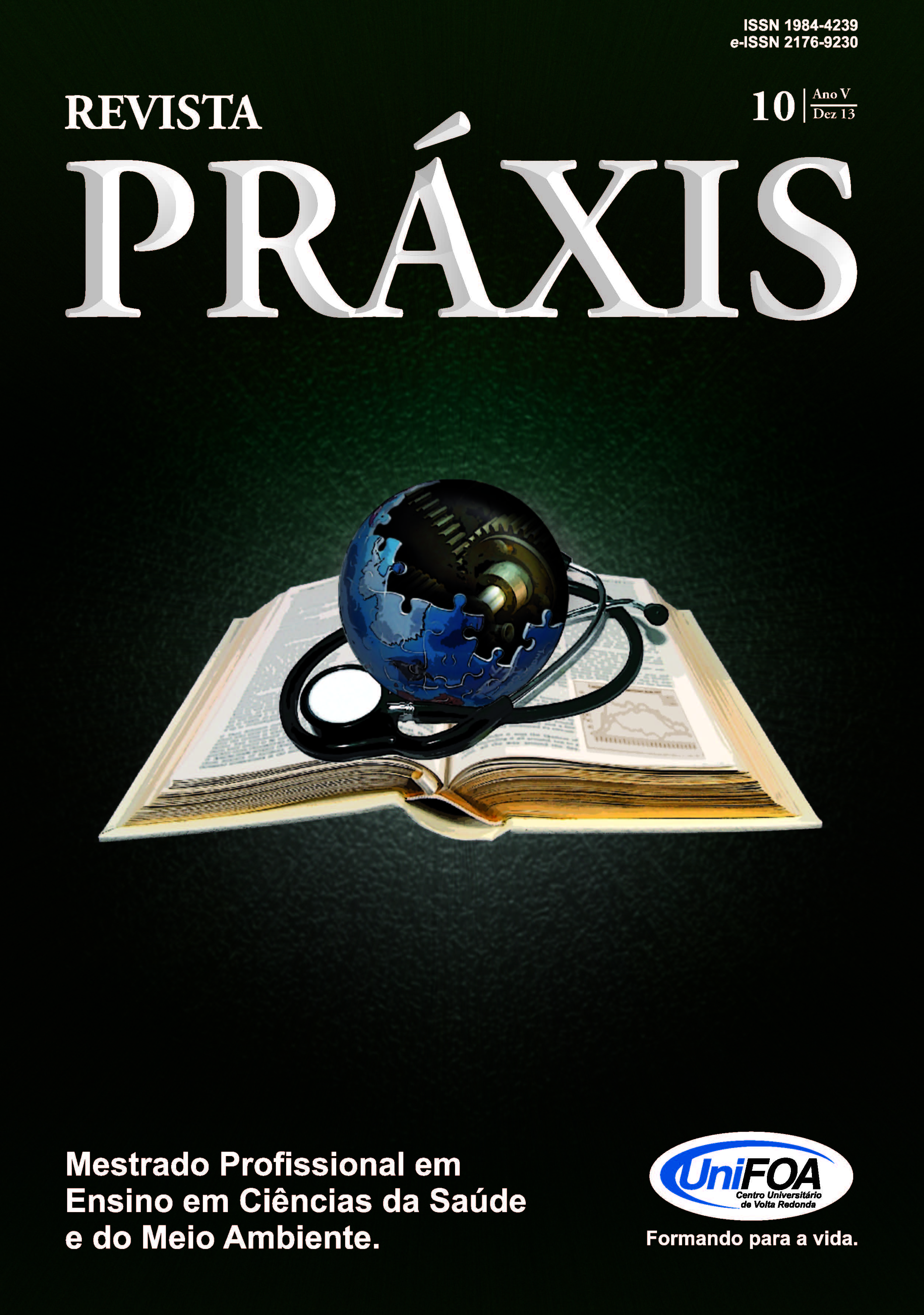Diversidade vegetal em quintais de estudantes e a contextualização de conteúdos nas aulas de Ciências, Rondonópolis, Mato Grosso, Brasil
DOI:
https://doi.org/10.47385/praxis.v16.n30.4638Abstract
Students' experience with backyard plants, when present in homes, can be a starting point for teaching Botany. This study involved students from a public school in the municipality of Rondonópolis - MT and aimed to carry out a survey of plant species found in their backyards, their uses and importance, and to propose the contextualization of contents in Science classes. Questionnaires and photographic records were used in data collection and analysis. All participants have a backyard at home and almost all grow plants. A total of 80 ethnospecies were accounted for, most of them exotic in relation to Brazil. The ethnocategories of use found were: 37% food, 34.5% ornamental and 28.5% medicinal. Given the plant diversity found and the students' knowledge about their uses and importance, it can be concluded that both, if used by teachers, are important tools for the teaching and learning process. In addition, the contextualization of this knowledge can contribute to the realization of more pleasant and useful Science classes, thus valuing the understanding and identity of each one of them.











